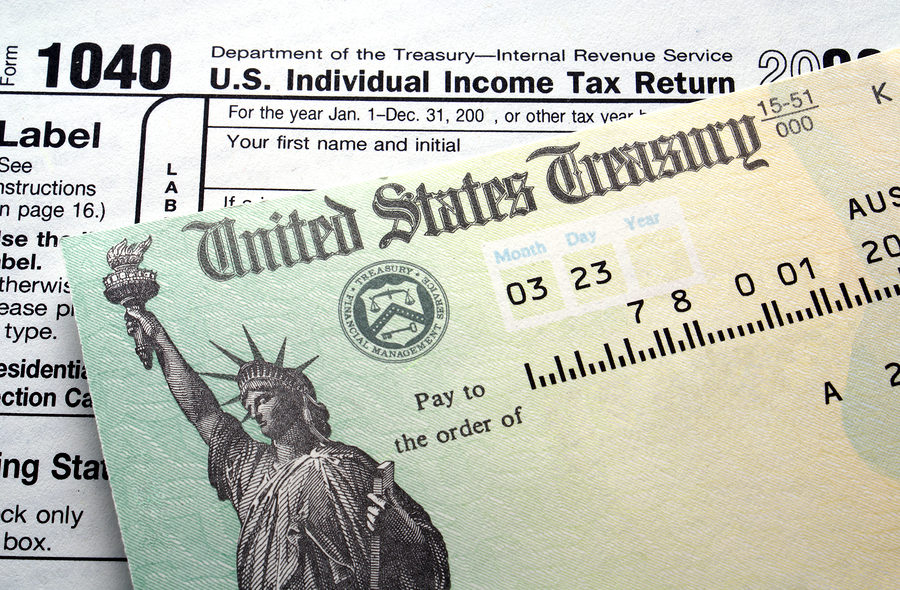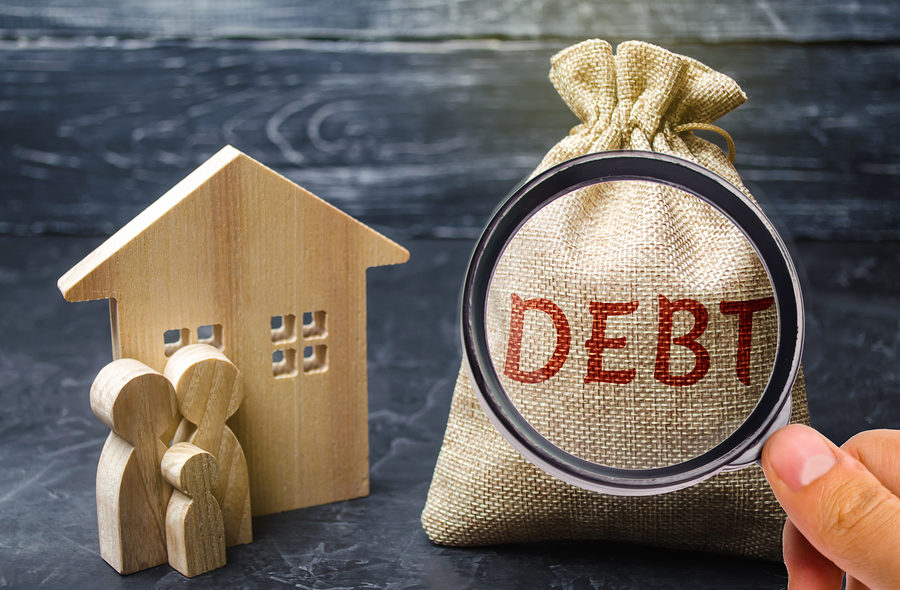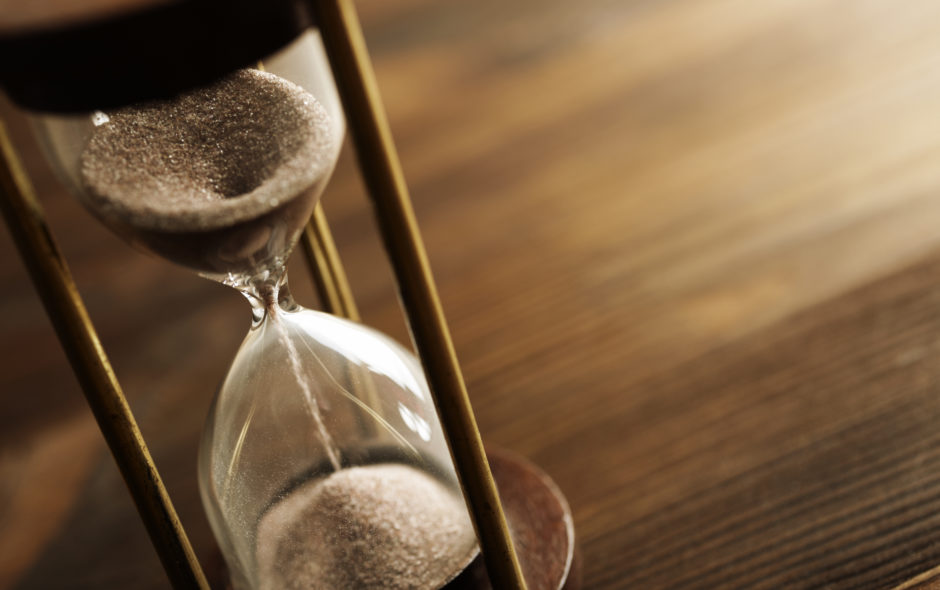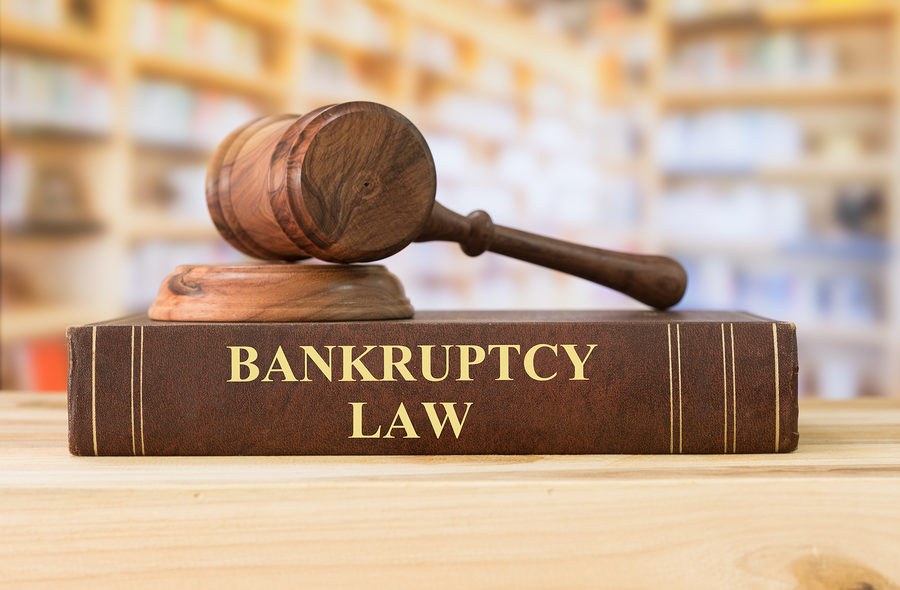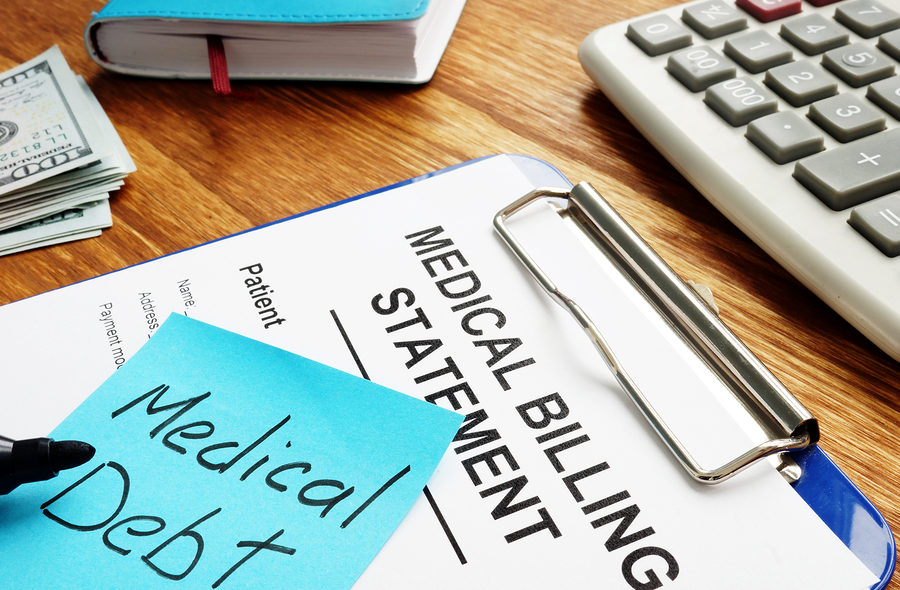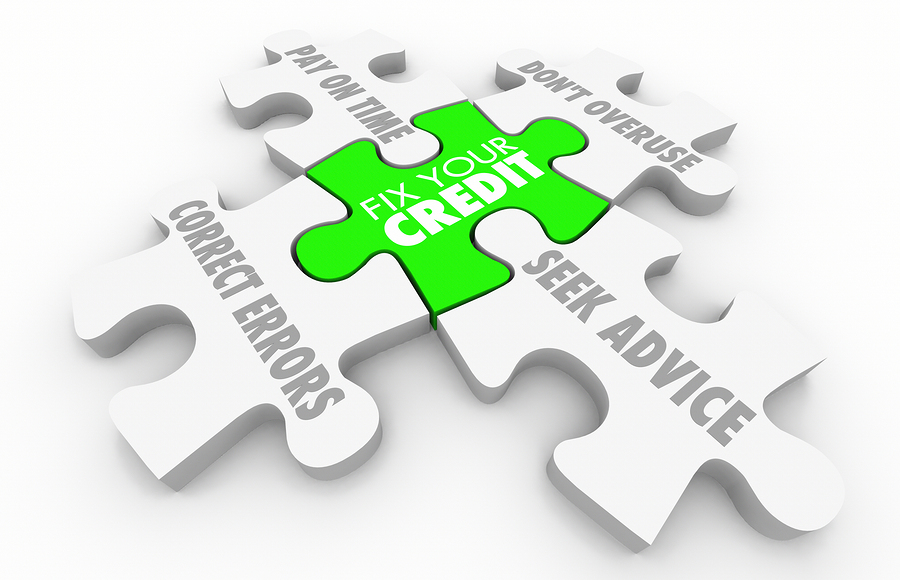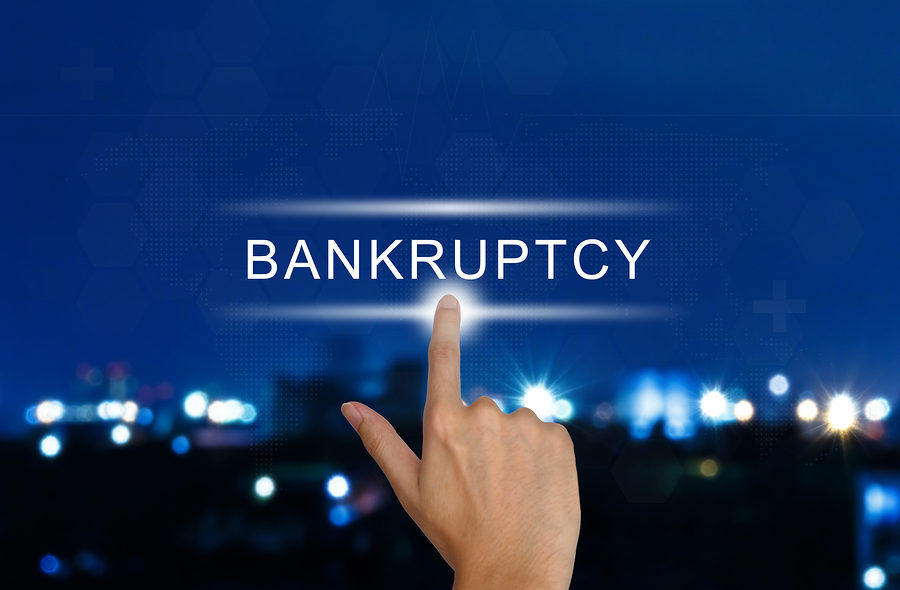Many student loan borrowers struggle to keep up with their federal student loan payments upon graduation, but defaulting on student loans can end up resulting in the loan servicer garnishing the borrower’s state and federal tax refunds. Here’s what borrower’s need to know about tax refund garnishment.
The Treasury Offset Program, established in 1986, overseen by the Bureau of Fiscal Service, gives departments within the federal government the ability to ask the Internal Revenue Service (IRS) to garnish tax refunds to collect on defaulted debt owed toward either state or federal government entities. This action is known as a tax offset. A tax offset does not mean that the borrower will lose all his or her refund. The government can choose to seize the entire refund or a portion of the refund, depending on how much debt is owed. If part of the refund pays off the debt owed, including fees and interest charges, whatever is left of the refund will then be forwarded to the borrower.

